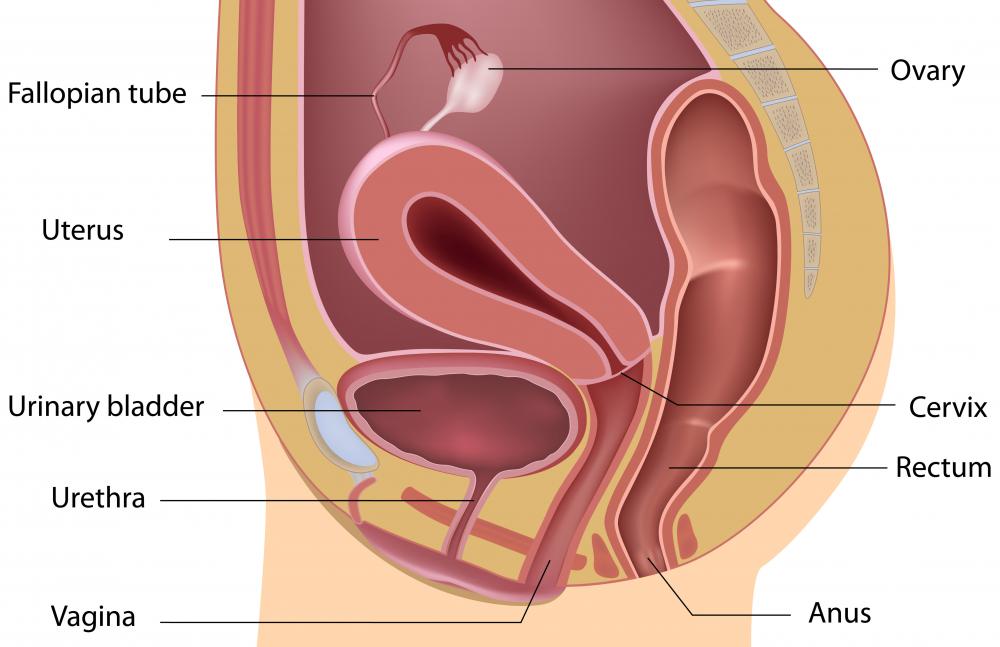At WiseGEEK, we're committed to delivering accurate, trustworthy information. Our expert-authored content is rigorously fact-checked and sourced from credible authorities. Discover how we uphold the highest standards in providing you with reliable knowledge.
What is Cystoscopy?
Cystoscopy is a medical procedure in which an instrument is inserted into the urethra for the purpose of gathering information which can be used in diagnosis, or for providing a treatment. The instrument includes a camera so that the urologist who performs the procedure can see what he or she is doing. There are a number of reasons for a doctor to request a cystoscopy.
The cystoscope has a number of functions in addition to a camera. The tool can be used to take samples of urine and tissue from the urethra and bladder, and it can also be used to perform minor surgical procedures, such as the extraction of kidney stones. A cystoscope may also be used to place a catheter which will be used to inject dye for a medical imaging study to learn more about someone's urinary tract.

Early versions of the procedure were quite painful, because they involved the use of a rigid probe. Most urologists today use a flexible cystoscope, which reduces pain considerably, and the procedure can be performed on an outpatient basis in a medical clinic or hospital. The procedure is accompanied by some discomfort, especially for men, but it should not be painful.

Patients are asked to prepare for the procedure by urinating in many cases, and they will also need to undress and don a hospital gown. For some cystoscopy procedures, the patient will be put under general anesthesia for greater comfort. In other instances, local anesthetic will be used, along with anti-anxiety medications to help the patient relax. The whole procedure lasts from 10 to 40 minutes, depending on why the procedure is being conducted.

During the cystoscopy, the cystocope is slowly inserted into the urethra. Once it reaches the bladder, a fluid will be used to fill the bladder so that the doctor can see more easily. The doctor can perform various procedures with the device, or simply look around to get an idea of what is going on inside the urinary tract.
Patients typically experience painful urination and some blood in the urine for several days after the cystoscopy. In the case of patients who undergo general anesthesia, it may be necessary to stay in the hospital overnight for recovery, and a ride home will definitely be needed. Patients who have a local anesthetic may be able to leave shortly after the procedure is done; a ride is recommended for patients who receive anti-anxiety medications.

With this procedure, doctors can look for the causes of problems like painful urination, bladder infections, or pain in the pelvic area. They can take samples of urine and suspicious tissue for diagnostic purposes as well. When a doctor recommends a cystoscopy, the patient should ask why the test is being recommended, and what he or she needs to do to prepare.
AS FEATURED ON:
AS FEATURED ON:















Discussion Comments
Had this done today the pain was terrible! i have passed kidney stones and this was worse for sure!
Post your comments